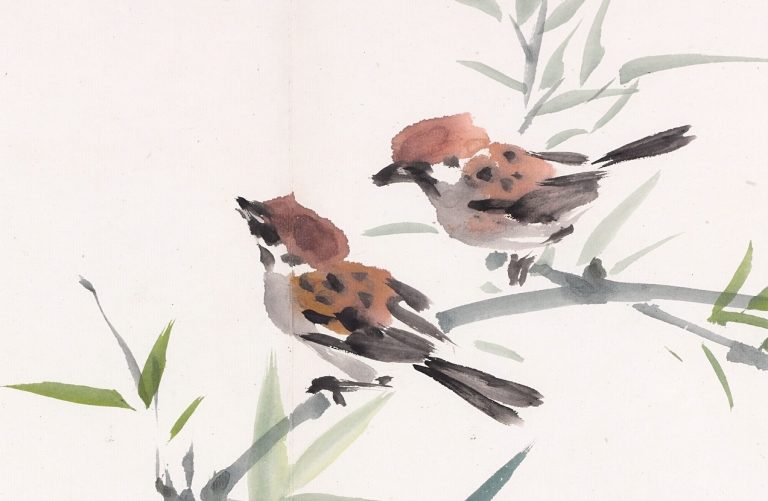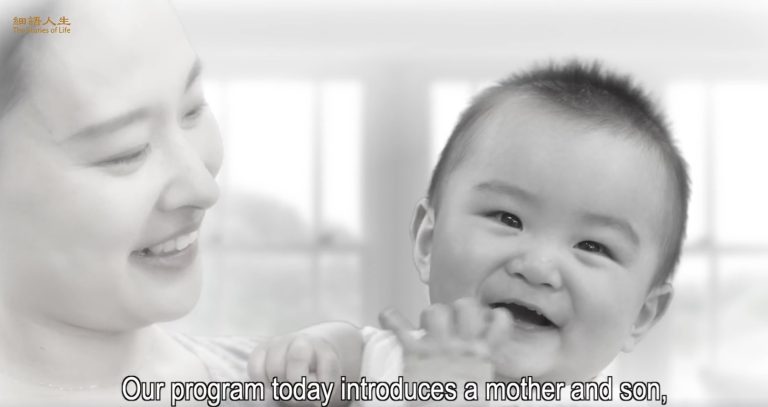Chinese is filled with short phrases that function similarly to idioms in English. Some are references to great historical events or works of literature, while others are plain descriptions that drive home a deeper or more general point.
The Chinese idiom 麻雀雖小,五臟俱全, or “a sparrow may be small, but it has all the five organs” is an example of the latter.
On the surface, the phrase simply means “small but complete.” According to traditional Chinese medicine, the “five organs” or “five viscera” (五臟) refer to the heart, liver, spleen, lungs, and kidneys. Though the sparrow is tiny in comparison to a human, its anatomy contains all it needs to live and function all the same.
In a deeper way, the phrase can also serve as a reminder of the need for balance or a sense of scale in one’s life and thinking. People should act cautiously but keep abreast of the bigger picture.
Zeng Zi, one of the main disciples of Confucius, said in The Great Learning (大學) that the superior man strives to “cultivate himself and put his house in order” (修身齊家) before thinking about loftier aspirations, such as “governing the country or bringing peace to the world under heaven” (治國平天下).
Success
You are now signed up for our newsletter
Success
Check your email to complete sign up
Zhuang Zi, another philosopher from around the same era known for his musings on opposites and relativity, famously told the allegory of the roc with a wingspan measuring tens of thousands of miles, and which created hurricanes with one sweep of its wings on its journey to “the southern darkness.” A quail, it is said, heard of this and dismissed the difference in size: “I give a great leap and fly up, but I never get more than ten or twelve yards before I come down fluttering among the weeds and brambles. And that’s the best kind of flying anyway!”
In a similar vein to Zeng Zi, the Confucian teacher Mencius advised the king of an embattled kingdom in central China to focus less on his country’s territory and more on the virtues of its government and people.
“It is possible to fulfill your kingly duties even on a piece of land measuring 100 li,” Mencius told King Hui of Liang state, which had recently lost wars with three of its neighbors. “If you implement benevolent policies among your people … they shall have time to cultivate their filial piety and respect for seniority,” as well as produce bountiful harvests. Such a folk would be motivated and able to resist the onslaught of corrupt and oppressive enemy regimes, even if their soldiers be better-armed and trained.
The Buddha, whose teachings spread to China hundreds of years later, remarked that each grain of sand in India’s Ganges River contained three thousand worlds like our own — and likewise, the environment inhabited by humankind is a speck of dust even smaller than a kernel of sand in the vastness of the cosmos.







